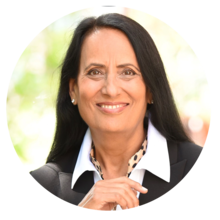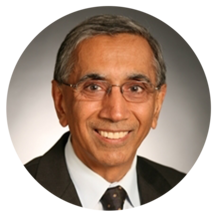About this Presentation
Common complaints directed at simulations and games are that they are focused on manufacturing and are often perceived to be too simple to be representative of the real world. The med lab simulation was created to address just these issues. Although it was designed to represent a service environment, it has been used with microbreweries, manufacturers, hospitals and many other entities. It represents an environment with high uncertainty relative to workload from day to day, very restrictive work requirements and the use of multiple shared resources that are in limited supply. There are also response time limits and shelf life limits. There are roles for schedulers, certified test technicians, assistant technicians, test transfer specialists, quality control, apparatus managers, etc. The roles and rules of the simulation are explained and then round one commences with a 20-minute experiment. This is followed by the participants working in small groups to identify what is wrong and what they would recommend be changed to fix the situation. This is followed by a short introduction to key TOC concepts such as the five focusing steps and the need to choke the release a work into the system, Simplified Drum-Buffer-Rope, etc. The group then works to come to consensus and apply the TOC concepts to fix the situation without adding resources or any other changes that would represent significant financial investment and/or process interruption in the real world. It’s one thing to read, or hear a lecture, about a concept. It’s a completely different thing to actually experience it. To experience is to know. Video length: . PDF: slides.
What Will You Learn
To help you get the most value from this session, we’ve highlighted a few key points. These takeaways capture the main ideas and practical insights from the presentation, making it easier for you to review, reflect, and apply what you’ve learned.

The speaker uses a hands-on approach in teaching operations management, involving the use of color-coded sticky notes to represent problems in different industries.
The speaker introduces a game designed to teach lean principles and the theory of constraints, using Legos to represent work content.
The speaker emphasizes the importance of understanding the similarities and differences between service and manufacturing industries in operations management.
Instructor(s)
Jennifer Eckman

Ms Alka Wadhwa
Alka Wadhwa is an experienced consultant and process improvement expert with over 24 years of expertise in the Theory of Constraints (TOC), Lean Six Sigma, and organizational performance optimization. She has successfully led projects in healthcare, financial services, and manufacturing, driving significant improvements such as a 67% boost in hospital operations and a 140% increase in outpatient visits.
Previously, Alka Wadhwa spent 17+ years at GE Global Research Center, where she led initiatives to enhance various GE businesses through advanced technologies, process redesign, and system optimization. Founder of Better Solutions Consulting, LLC, she specializes in using TOC, Six Sigma, and data analytics to streamline operations and build high-performance teams.
Her work has earned her multiple accolades, including the Empire State Award of Excellence in healthcare.

Dr Gary Wadhwa
Dr. Gary Wadhwa is a Board Certified Oral & Maxillofacial Surgeon with extensive experience in the field. He completed his Oral & Maxillofacial Surgery training at Montefiore Hospital, Albert Einstein College of Medicine in Bronx, NY, and has served as an Attending at prestigious institutions like St. Peters Hospitals, Ellis Hospital, and Beth Israel Hospital in NY. With a career spanning over two decades, he was the former CEO and President of a group specialty practice in NY from 1994 to 2015. Dr. Wadhwa holds an MBA from UT at Knoxville, TN, and has undergone additional training in System Dynamics at MIT, Health System Management at Harvard Business School, and Entrepreneurship and healthcare innovations at Columbia Business School. Committed to expanding access to Oral & Maxillofacial Surgery care, he is currently engaged in a meaningful project to provide healthcare services to underserved populations in inner city and rural areas through non-profit Community Health Centers.
